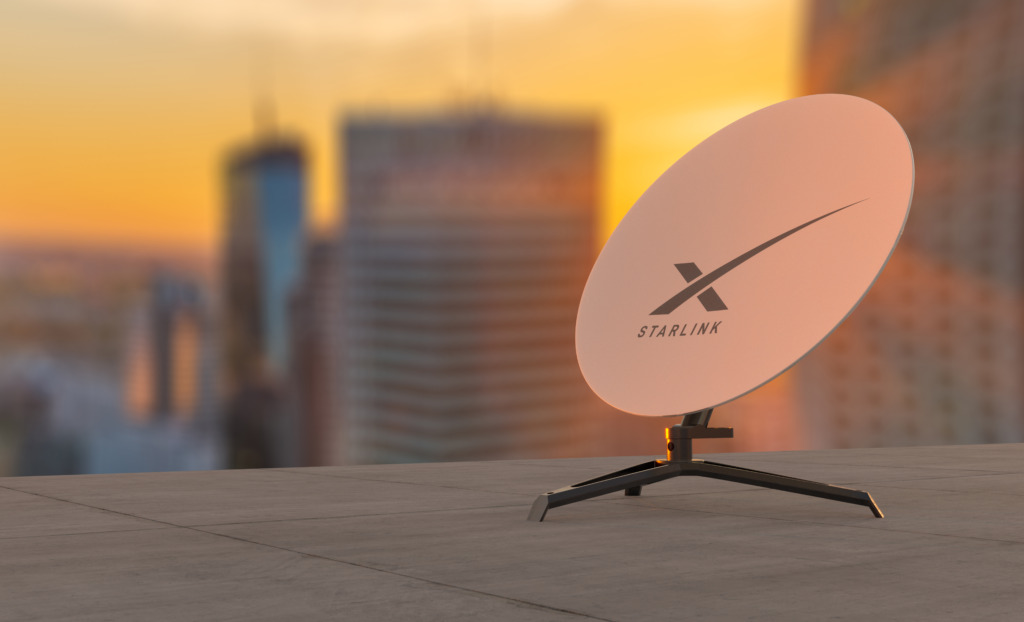advertisement
Starlink Resellers And The Satellite Hunger Games

The Starlink reseller program is quickly earning a reputation as one of the most cutthroat, perplexing, and polarizing experiments in modern telecom. While SpaceX has undeniably revolutionised satellite internet with its low-latency connections and self-install kits, the reseller framework has become a source of frustration—and even dark humour—among industry insiders.
This isn’t just about connectivity; it’s about survival in an ecosystem where the rules are stacked against everyone but the king himself: Elon Musk.
First, let’s give credit where it’s due. Starlink is a game-changer for unserved and remote populations, particularly in emerging markets where traditional infrastructure has failed. The days of paying exorbitant fees for slow and unreliable satellite internet are over, thanks to SpaceX’s innovation. For the millions of end users now enjoying seamless connectivity, Starlink is nothing short of a miracle. In this game, they are the real winners.
advertisement
But the path to bringing this connectivity to underserved regions has turned into a Hunger Games-like experience for resellers. And make no mistake—Musk is milking this revolutionary cow for all it’s worth.
The Reseller Quandary: Pay to Play, with No Markups
SpaceX’s upfront requirement of US$2.5 million to enter the reseller program serves as a gatekeeping mechanism, filtering out small MSPs who might otherwise waste SpaceX’s time. This barrier ensures that only the financially robust—and those willing to endure a slow, bureaucratic onboarding process—get a seat at the table. Even then, resellers are constrained to sell Starlink services at the same price as SpaceX, leaving no room for markups and barely any for business viability.
advertisement
This model may work for SpaceX, but it leaves resellers—especially smaller ones—feeling squeezed out of meaningful participation. As some have pointed out, SpaceX isn’t overly concerned with resellers when it’s cutting deals directly with senior government ministers and national MNOs.
Enter the Competition
As the Starlink reseller framework comes under fire, many are looking to Amazon’s Project Kuiper to introduce competition into the satellite internet market. However, any optimism about Kuiper should be tempered with realism. Amazon’s B2C go-to-market strategy has traditionally left little room for resellers, squeezing them dry in pursuit of direct-to-customer efficiencies.
advertisement
That said, Amazon has been a strong partner in the B2B space. Their ecosystem for integrators and solution providers is robust, offering VARs (value-added resellers) a chance to build real value for enterprises. If Amazon applies the same philosophy to Kuiper, it could outpace Starlink in the enterprise market by offering VARs a platform to innovate and create tailored solutions.
This is where the divergence between SpaceX and Amazon becomes clear. While Starlink remains focused on monopolizing relationships and directly serving governments and MNOs, Amazon’s potential lies in fostering partnerships that add unique value to their satellite services.
Innovation
Despite the bleak outlook for Starlink resellers, there’s a silver lining: the power of innovation. With integrated solutions, unique applications, and creative business models, there’s room for entrepreneurial resellers to carve out niches in the Starlink ecosystem. Whether it’s bundling satellite internet with niche services or building custom applications for specific industries, the opportunities are there for those willing to think outside the box.
As one commenter aptly noted, this is not just about selling bandwidth—it’s about creating solutions that leverage the connectivity Starlink provides. This will be the real differentiator for resellers who hope to thrive under SpaceX’s restrictive framework.
A Tale of Winners and Losers
For now, the clear winners are the end users, who gain unprecedented access to high-quality satellite internet, and Elon Musk, who continues to dominate headlines and market share. Resellers, on the other hand, remain collateral damage in this technological revolution.
But the Starlink story is far from over. As competition heats up with the arrival of Kuiper, OneWeb, and others, SpaceX may be forced to rethink its reseller strategy. In the meantime, resellers must adapt, innovate, and find creative ways to survive in this high-stakes game.
After all, in the Hunger Games of satellite connectivity, there’s only one rule: May the odds be ever in your favour.
This article was inspired by a LinkedIn post by Michaël De Coninck